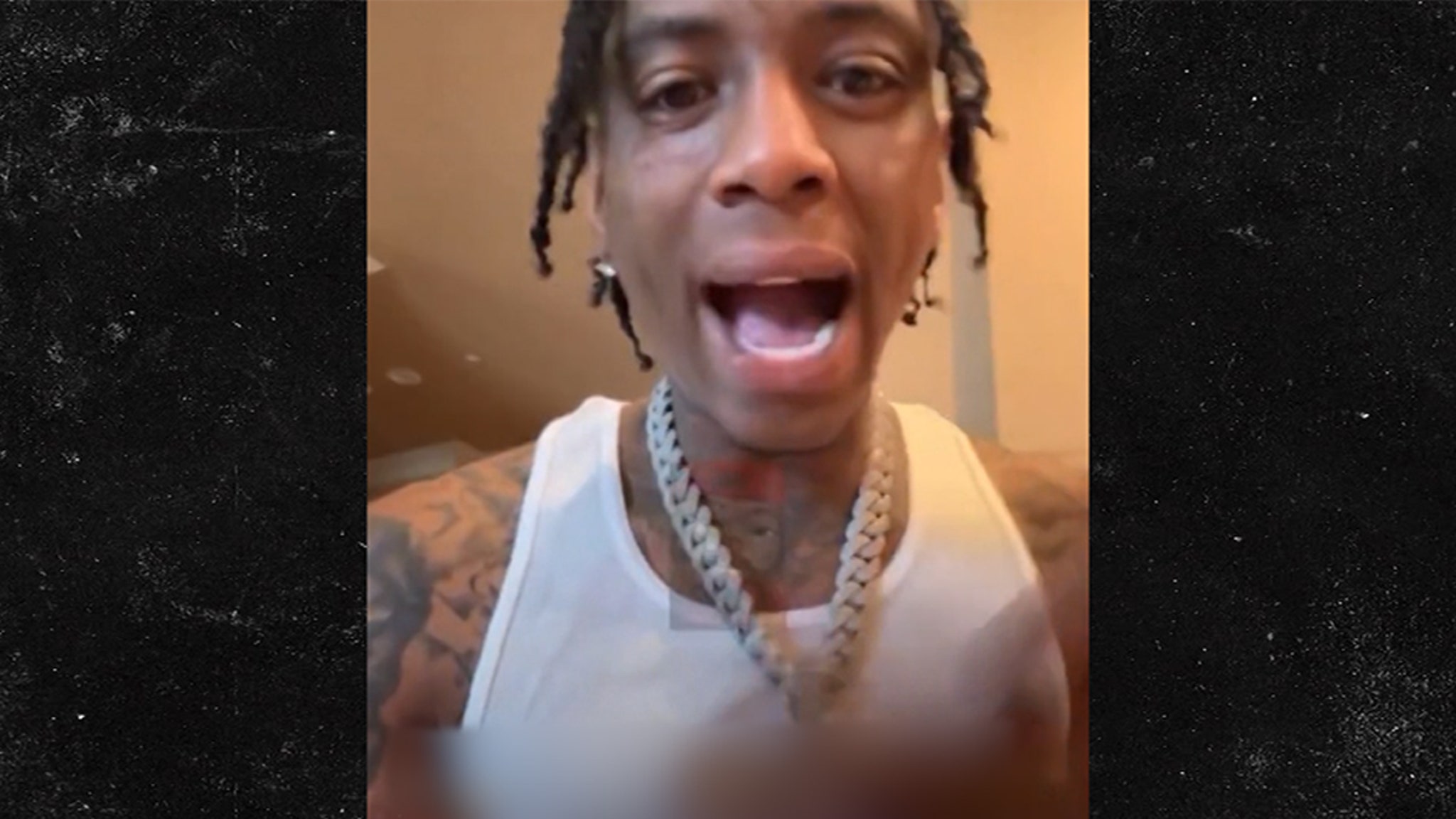Entertainment
Everything Quincy Jones Said About Working With Michael Jackson

Quincy Jones had the magic touch when it came to music production, so when he teamed up with Michael Jackson, they were destined for greatness.
The legendary producer, who died in November 2024 at the age of 91, worked with the likes of Aretha Franklin and Frank Sinatra before hitching his wagon to Jackson in the late 1970s. Jackson, meanwhile, was a pop sensation after singing with his brothers in the Jackson 5 as a kid before branching out into solo work.
“Everybody said, ‘You can’t make Michael any bigger than he was in the Jackson 5,’” Jones recalled via the Los Angeles Times. “I said, ‘We’ll see.’”
Jones didn’t let naysayers get in his way, collaborating with Jackson on his first solo album, Off the Wall, released in 1979 to critical success. Their second collaboration, the generation-defining Thriller, came out in 1982 and won eight Grammy Awards. The record remains the best selling album of all time, selling an estimated 70 million copies worldwide.
Jones and Jackson teamed up for a third time in 1987 for Bad, which yielded five No. 1 hits for the “King of Pop,” who died June 2009 at the age of 50.
Throughout their friendship — and following Jackson’s death — Jones was vocal about the highs and lows that they faced. Ultimately, he was grateful to be one of Jackson’s biggest collaborators.
Scroll down to see Jones most memorable quotes about working with Jackson:
Origins of Their Partnership
The twosome first crossed paths on the set of The Wiz in 1978. Jackson played the Scarecrow in the musical, while Jones was one of the composers on the project, a big screen adaptation of the Broadway musical, itself an African American take on The Wizard of Oz. Jones recalled in a Time magazine issue published in 2009 that Jackson used to keep pieces of paper with quotes from famous thinkers with him on set.
Jones remembered asking about one passage written by Socrates, which Jackson pronounced “SO-crayts.” Jones said after correcting him, saying, “Michael, it’s SOCK-ra-tees,” that he was inspired to work with Jackson further.
“The look he gave me then, it just prompted me to say, because I’d been impressed by all the things I saw in him during the rehearsal process, ‘I would love to take a shot at producing your album,’” Jones said. “And he went back and told the people at Epic Records, and they said, ‘No way — Quincy’s too jazzy.’ Michael was persistent, and he and his managers went back and said, ‘Quincy’s producing the album.’ And we proceeded to make Off the Wall. Ironically, that was one of the biggest Black-selling albums at the time, and that album saved all the jobs of the people saying I was the wrong guy. That’s the way it works.”
‘The Wiz’ Kid
Jones told The Hollywood Reporter in May 2021 that he met Jackson “when he was 12 at Sammy Davis’ house, and he told me when we decided to do [The Wiz].” It was during that encounter that Jones recalled Jackson asking him, “I need you to help me find a producer. I’m getting ready to do my first solo album.”
When the pair worked on The Wiz, Jones was impressed. “He knew how to do his homework, whether it was with Fred Astaire and Gene Kelly or whoever, James Brown. He was doing some Elvis copying, too,” Jones said. “‘The King of Pop,’ man. Come on!”
Studio Shenanigans
Looking back at their recording sessions, Jones told The Guardian in September 2014, “It was as loose as you can get! We’d be joking and having fun. Are you kidding? You gotta know how to party. If you get uptight, the music’s going to sound like nothin’. I used to say, ‘Always leave a little room for God to walk in the room.’”
The studio time wasn’t all fun and games, especially when Jackson brought his snake, Muscles, in with him. “He wrapped himself around my leg,” Jones recalled of the strange pet encounter. “He used to crawl across the console … I wasn’t very comfortable with that.”
The ‘Thriller’ of it All
Thriller made Jackson and Jones icons in their respective fields after the alum sold an estimated 70 million copies worldwide. It is still the best-selling album of all time. Jones, however, knew they had something big from the start.
“Musically, we knew we had ‘it’ with Thriller. To this day I can hear artists trying to replicate its sonic power,” Jones said in an interview with the Library of Congress in June 2016. “It’s no accident that more than three decades later no matter where I go in the world, in every club, like clockwork at the witching hour you hear ‘Billie Jean,’ ‘Beat It,’ ‘Wanna Be Starting Something,’ and ‘Thriller.’ In every language on the planet, from prison yards in Thailand to Thrilltheworld.com, Thriller is still giving people ‘goosebumps.’ It’s pretty astounding and very satisfying as an artist.”
Michael the ‘Machiavellian’
Jones caused some controversy in February 2018 when he claimed to Vulture that Jackson wasn’t always an innovator like fans thought. “I hate to get into this publicly, but Michael stole a lot of stuff,” Jones alleged. “He stole a lot of songs. [Donna Summer’s] ‘State of Independence’ and ‘Billie Jean.’”
He claimed, “The notes don’t lie, man. He was as Machiavellian as they come.” Jones further alleged that Jackson was “greedy,” saying that on his hit song “Don’t Stop ‘Til You Get Enough” Jackson should have given Greg Phillinganes, who wrote the C section of the track, “10 percent of the song,” but he “wouldn’t do it.”
Jones’ comments came after he won a lawsuit in 2017 over a royalty’s dispute against Jackson’s estate.
All Love
“He wanted us to get back together,” Jones told the Los Angeles Times in 2017 of his friendship with Jackson before his death. “But we were close, man. Always close. You can’t do those kinds of records without love, trust and respect. You can’t do it.”
Loss of a Legend
Following Jackson’s death in 2009 — he suffered cardiac arrest and his death was later ruled a homicide after an overdose of propofol administered by his doctor — Jones wrote an op-ed for the Los Angeles Times.
The producer said he was “devastated by the news that Michael Jackson had suddenly left the room.” Jones then praised Jackson as “a different kind of entertainer. A man-child in many ways, he was beyond professional and dedicated.”
Jones gushed about their partnership, saying, “We shared the Eighties, achieving heights that I can humbly say may never be reached again.” He added, “There will be a lot written about what came next in Michael’s life, but for me all of that is just noise. I promise you in 50, 75, 100 years, what will be remembered is the music.”























